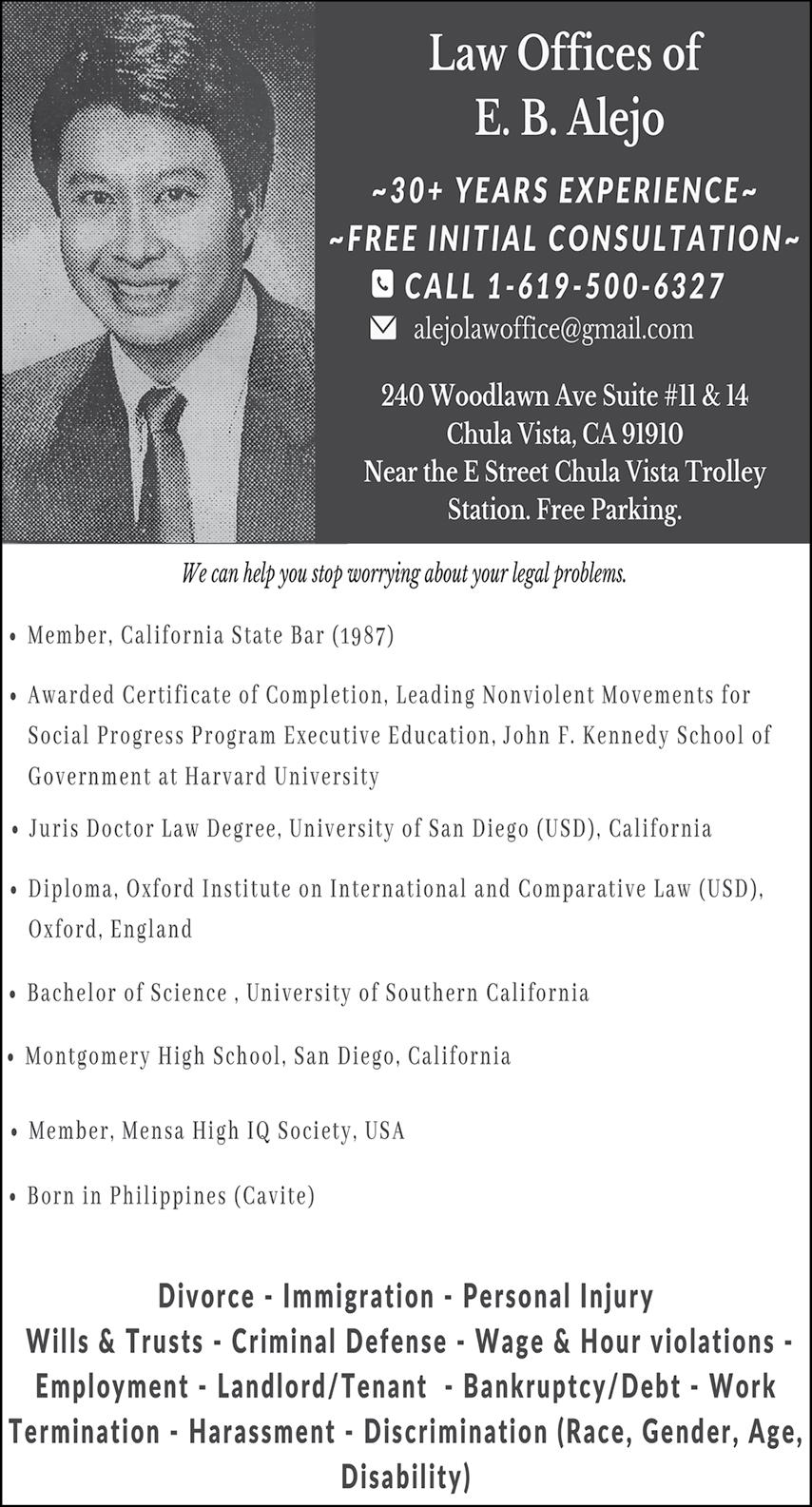
1 minute read
Salamat sa Pagtatanim sa Akin!
Daisy Succulent Sam

Advertisement

Tinutulungan
Pagandahin ang inyong tanawin ng enerhiya, maprotektahan ang ating mga likas na yaman, at makalikha ng magagandang panlabas na mga lugar ng pamumuhay.
Sunny percent of countries guarantee data privacy in the classroom, by law.
“We know that vast amounts of data are being used without the appropriate regulation, so this data ends up being used for other non-educational purposes, commercial purposes and that’s of course a violation of rights that needs to be regulated,” Antoninis said.
The UNESCO report also highlights the disparities created by digital learning. During the COVID-19 pandemic, half a billion students worldwide were left out due to the shift to online-only learning with an imbalance in online resources favoring Europe and North America.
UNESCO is urging countries to set their own standards for the way technology is designed and used in education such that it never replaces in-person, teacher-led instruction and supports the shared objective of quality education for all.
“The digital revolution holds immeasurable potential but, just as warnings have been voiced for how it should be regulated in society, similar attention must be paid to the way it is used in education,” warned UNESCO DirectorGeneral Audrey Azoulay. pagsusuri sa paggamit ng tubig sa mismong Libreng mga video tungkol sa pagpapaganda ng tanawin kapag kinailangan Mga gabay kaugnay ng kung paanong magpaganda ng tanawin Mga template patungkol sa disenyo ng tanawin Mga gabay sa pagtatanim
In contrast to digital technology’s potential to improve education, there are also risks of information and communication technologies in education, which are often ignored by research and evaluations.
The report said several countries are banning the use of mobile telephones or other technology in schools. Globally, less than a quarter of countries have laws or policies banning the use of telephones in school. Some ban the use of specific applications because of privacy concerns.
Technology, the report said, has fundamentally changed the way in which children exercise and realize their rights, including their rights to both education and privacy.
“While under certain conditions the use of technology in education can enhance children’s opportunity to learn, it can also put their physical and mental integrity, privacy, and dignity at risk,” it said.
UNESCO said policymaakers should listen to the voices of children so that their rights are protected and safeguarded during their online activities.
Samantalahin ang Ang proyektong ito ay pinopondohan sa ilalim ng Batas 2006 sa Ligtas na Inuming Tubig, Kalidad at Tustos ng Tubig, Kontrol sa Baha, Proteksyon ng Ilog at Baybayin, na pinamamahalaan ng Departamento ng Mapagkukunan ng Tubig, Estado ng California.








